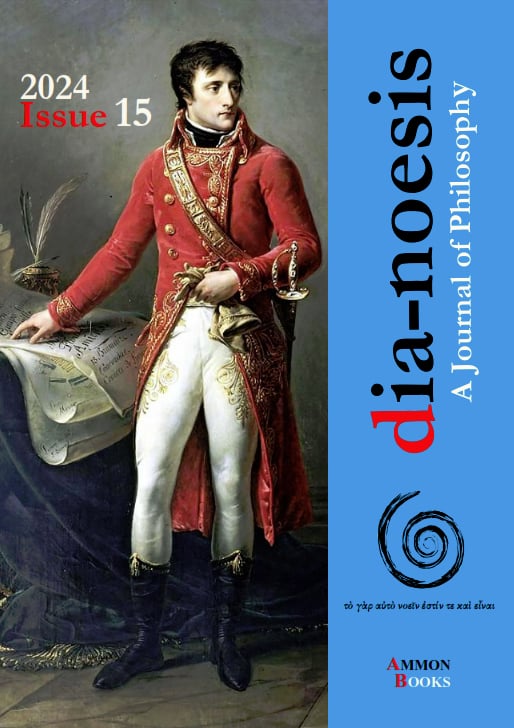From coaching to Mentor Leader: Profile and skills of the mentor leader in human resources management

Abstract
We present in this article the personality of the mentor leader in management. The ancient Greek background of the coaching and mentor leader is highlighted. We focus on the differences and similarities of the coach and mentor leader, highlighting the skills of the modern mentor leader, who dynamically contributes to the formation of the personality of the individual, the employee in order to achieve personal and professional development and progress. The mentor leader with basically characteristics of empathy and mindfulness, which are basically communication parameters, transmits to others his experience, making the human resources of a business or organization flexible, creative, and mature. The mentor leader represents ethical leadership and addresses contemporary challenges in management by strengthening the link between theory and practice through education and transmission of knowledge, skills, and experience. The modern mentor leader makes a significant contribution to cultural change in management and to addressing organizational change, which has a significant impact on the psychology and behavior of employees.
Article Details
- How to Cite
-
Triantari, S. (2024). From coaching to Mentor Leader: : Profile and skills of the mentor leader in human resources management. Dia-Noesis: A Journal of Philosophy, 15, 103–122. https://doi.org/10.12681/dia.38176
- Section
- Articles


